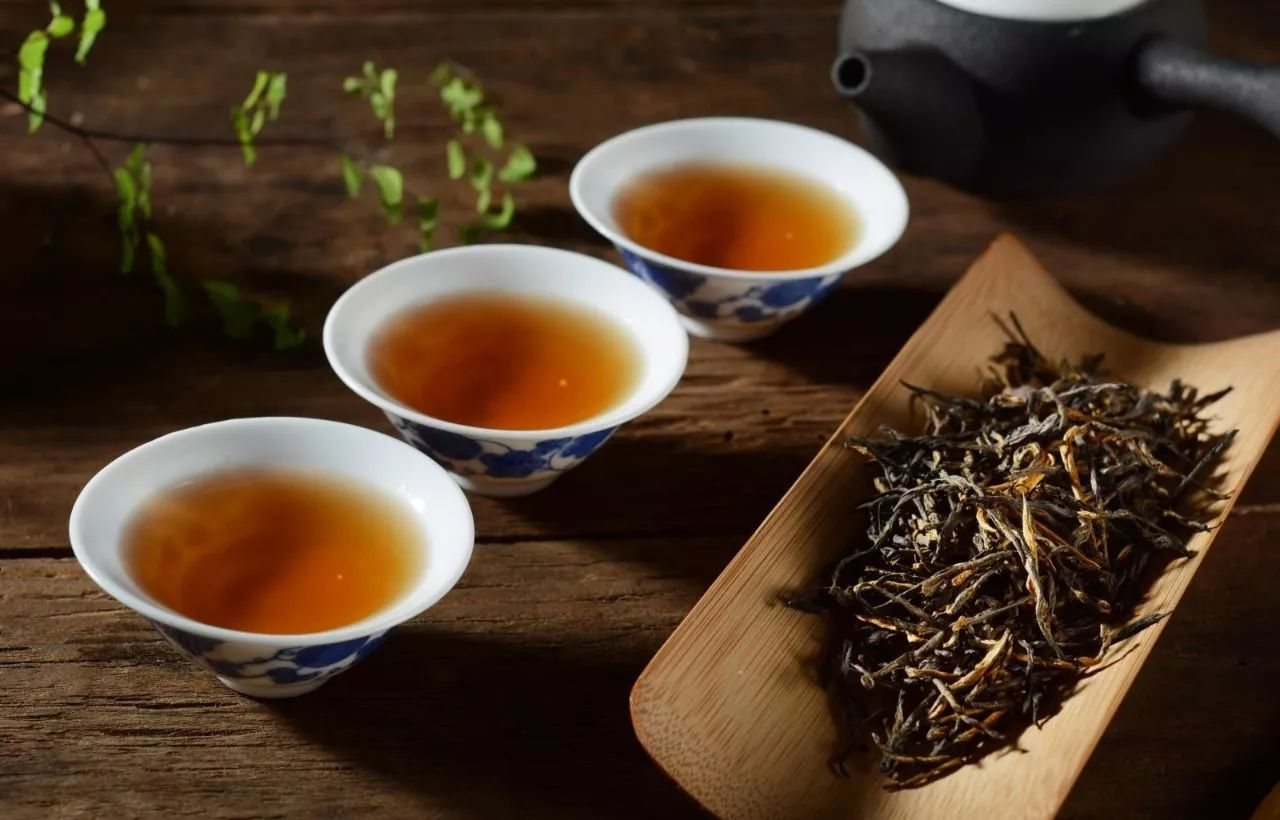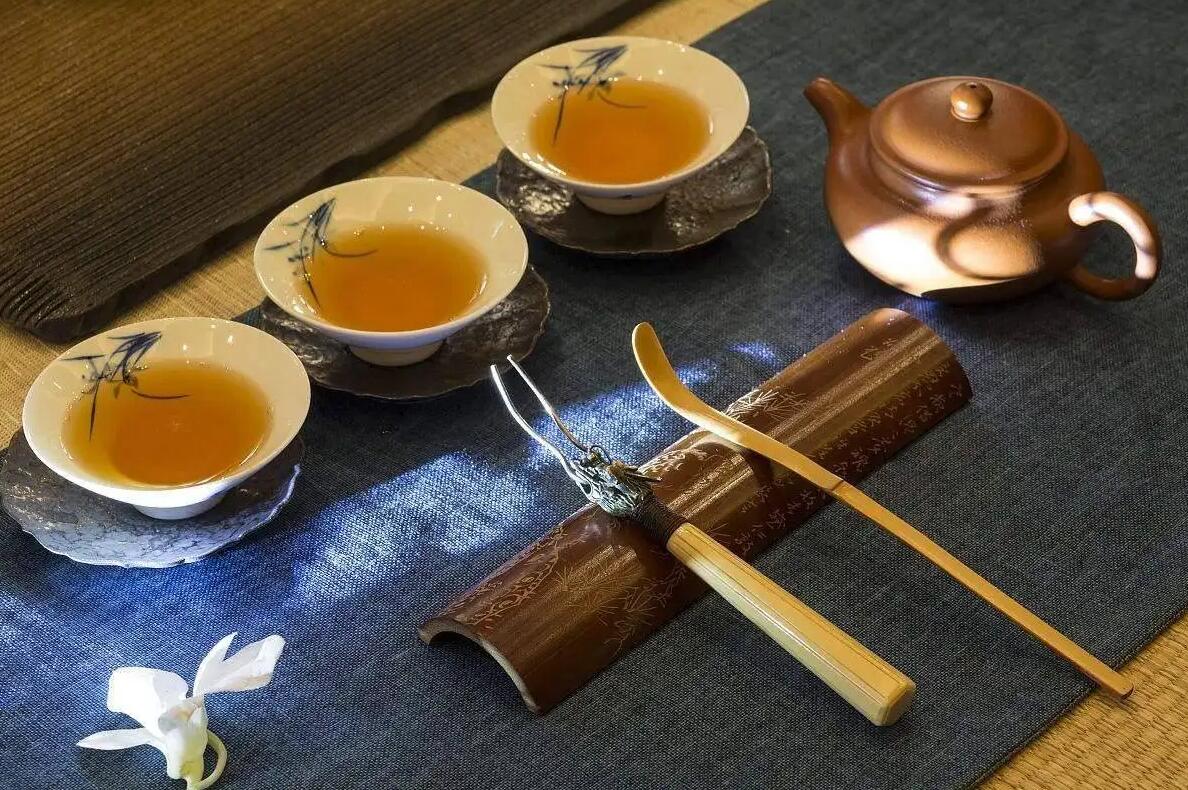Though modern words still carry with them all the etymological richness of their heritage, the precision and focus of the modern world has often fractured their meanings at least in English - to the point where a phrase, sentence or even paragraph is. needed to translate single words of the ancients. This is, of course, even truer with regards to the spiritual words of the Orient, all too often rooted in the ineffable and experiential. The English "meditation", for example, often falls short of capturing the meaning of. the Eastern equivalents, like "dbyana" in Sanskrit. "Meditation" to most people means solemn reflection on serious matters, usually implying religious/philosophical ideas. And when Westerners learn that one practices Eastern meditation their first curiosity is therefore almost always: "What do you think about when you are meditating?" And "nothing" isn't really a reply; it is inaccurate and also just misleads the conversation towards other questions. The Eastern meaning is more ethereal, and requires some explanation to understand intellectually; and even that, paradoxically, doesn't bring real insight, according to practitioners - experiential wisdom is necessary for that. Consequently, if we add the more transcendental Eastern meaning to the list of definitions, we are granted the delightful ability to have a meditation on meditation. In other words, a deep, thoughtful discussion about the second, more experiential, kind of meditation. We can, in effect, meditate on meditating.
Actually, the word "dhyana" might best be translated using Hegel's now-famous term of "being-onto". In the Eastern sense, meditating on an object, whether ideal or physical, means that the person enters a kind of communication with the object in which there is silence, without thought or movement. In this way, even the subject/object distinction fades away and there is only the object. "Meditating" on a flower, therefore, means that the concentration and "being-onto the flower" peaks in a situation where the perceiver vanishes and there is only flower. The idea is that without any interference from the mind, the sensory channels become clear enough to be Reality, experientially. In that state, the perceiver does not exist; and though the object does, it can no longer be precisely or accurately labeled "object" since the subject/object relationship is gone.
Of course, focusing on the relationship of words or even the concepts they symbolize oversimplifies a deep philosophy that libraries have been written about; and even beyond all those endless words, nothing substitutes for the actual experience of losing oneself in an object so completely that the dualism of "I" and "it" disappears. This brings with it simplicity, quietude, calmness, connection, peace and ultimately wisdom once the experience ends. Modern science and ancient Eastern philosophy meet most complementarily in the understanding that all the Universe is connected, and the movements of the smallest parts invariably change the whole, however insignificantly. Feeling connected and complete is a part of the wisdom and understanding of the ancients, representing the highest of human bliss. Almost all of our sensual pleasures come, at their roots, from this feeling of connectedness.
The experience of losing oneself in the present moment, the object, is central to most all forms of Eastern meditation. While the object one is "being-onto" really isn't important - actually it is said that so-called "enlightened" beings are constantly in this state - there have always been objects that were more conducive to this experience than others. Chants, symbols and even the breath have been found to promote the concentration that leads to the mindless mirror -reflecting only the object - to use another analogy. And one of the other most ancient objects for meditation is tea. Perhaps due to the caffeine, perhaps not, tea has the natural ability to focus the mind and promote concentration. Since very early times in China, it was found that developing an art and ceremony out of tea drinking promoted meditation and the non-dual mindset mentioned so often above. Whether formal ritual or more loosely-structured freedom, the tea ceremony itself can become a link to the present moment more easily than other objects which often distract, rather than calm, the mind. Drinking tea quietly fosters a relaxation that will, given enough time, lead to more and more tranquility. As the mind calms down and thboughts of the past and future, imaginations and internal dramas, all still, there is a point where there is only tea - only the movement of the water over the electric teapot, the steeping, the drinking. This connectedness, once experienced, can be life-changing.
In the modern world, everything continues to speed up. We move about our lives in faster and faster ways - technology always groping for ways to make everything faster and less conscious. In such a stream, many people will find it all too difficult to cease the rat race for long enough to even "practice" meditating. However, most can find the time to drink tea once a day. Through conversations with many people who enjoy drinking Asian tea by Chinese tea set regularly, we have come to find that most of them really crave this quiet, peaceful time to themselves as much as they do the tea itself. Deep in their minds, the tea is just a symbol for the refuge that they seek from a life in the hectic modern world, with all its trials and tribulations. The cars and planes buzz by outside, but they look out as if from a bubble of silence in their houses. The raging river flowing just outside disappears and only some leaves and water remain. Even the idea itself is profoundly tempting.
Perhaps the mind itself wants to calm. Maybe the underlying non-dualism of pure consciousness is our natural state. Do we crave that rapture in all that we chase after in the world? Does it come naturally to us once we let go and relax? And could the peace and joy we have always sought be so simple as a cup of tea? The answers, if there are any, won't be in the form of so many words. Our meditation on meditation can never aspire to be anything more than a substitute at worst, and at best an inspiration to find the quiet time to enjoy some tea.



